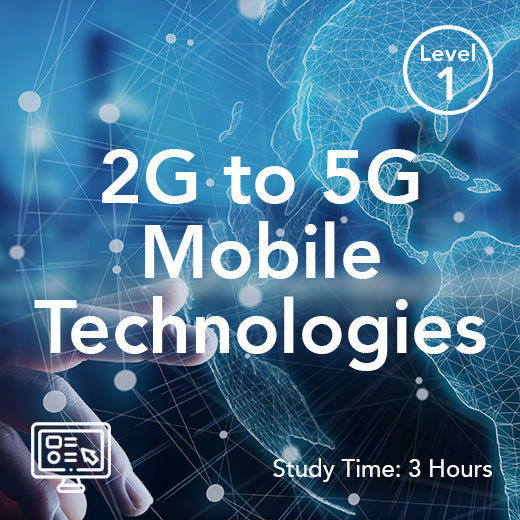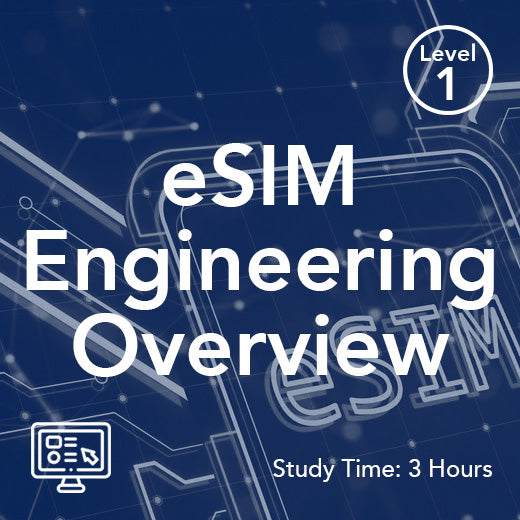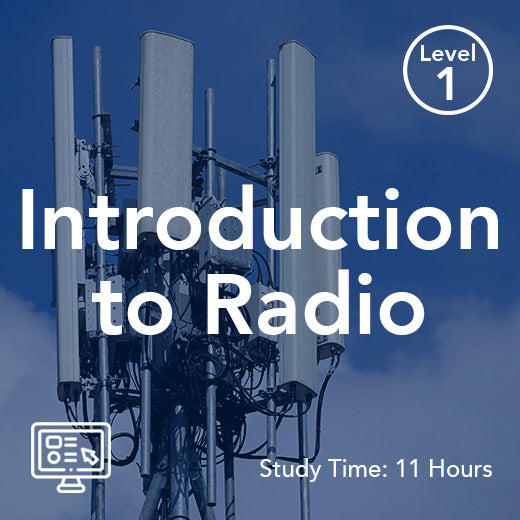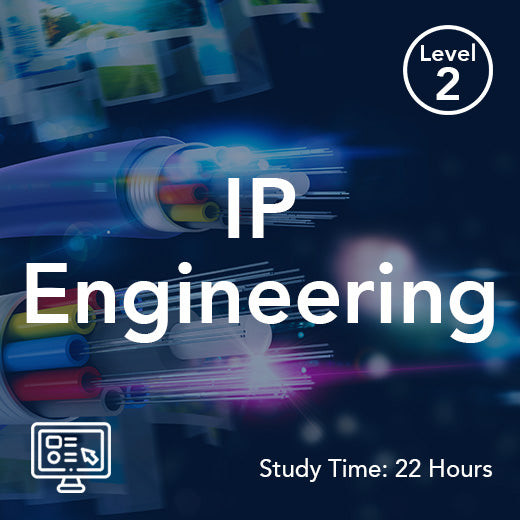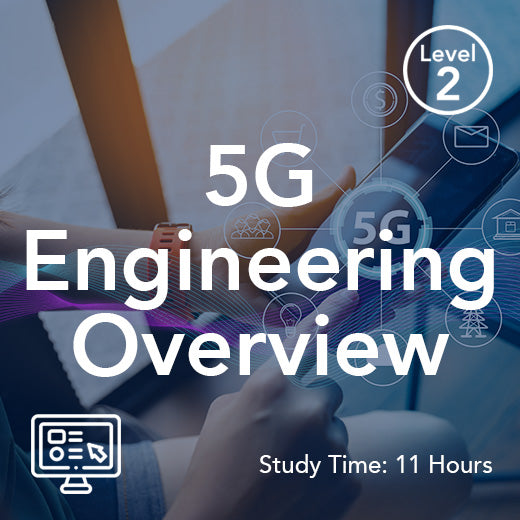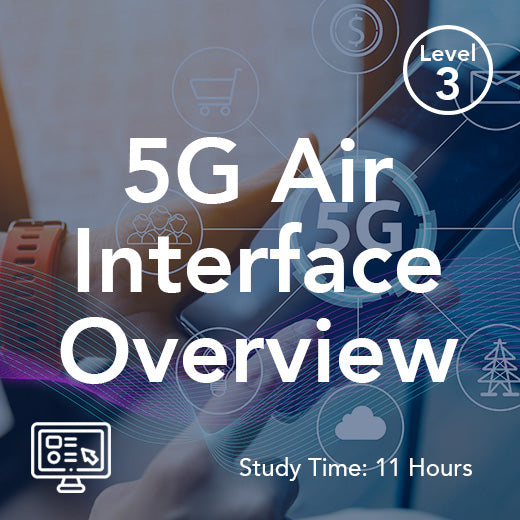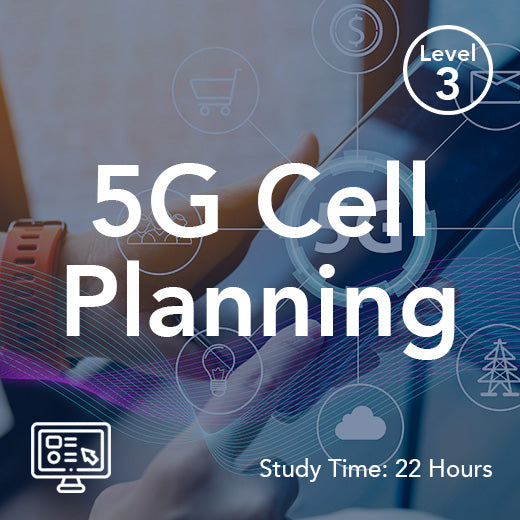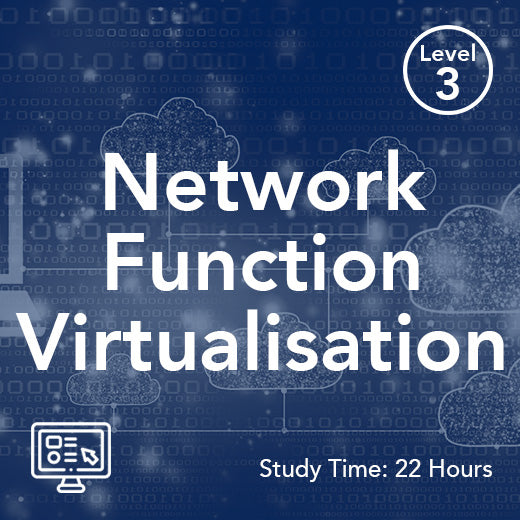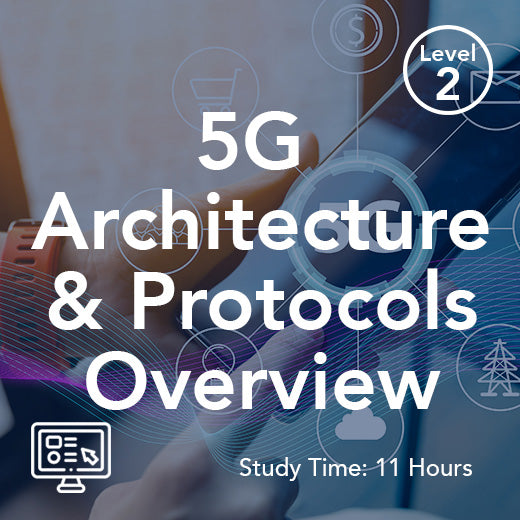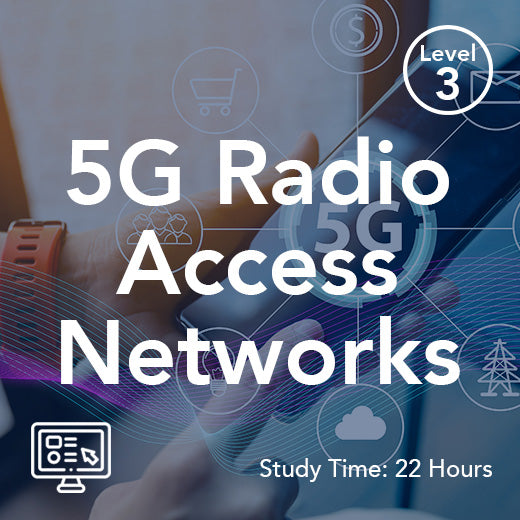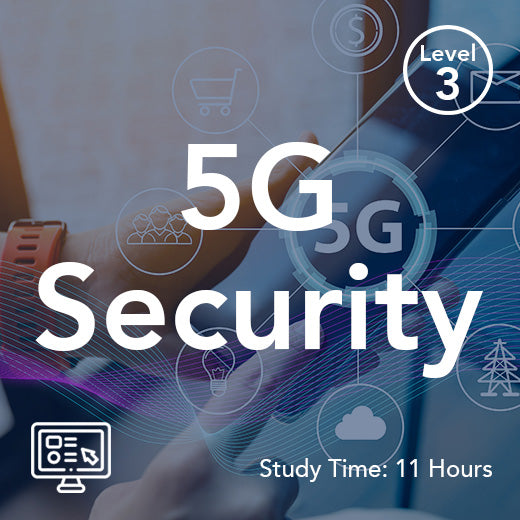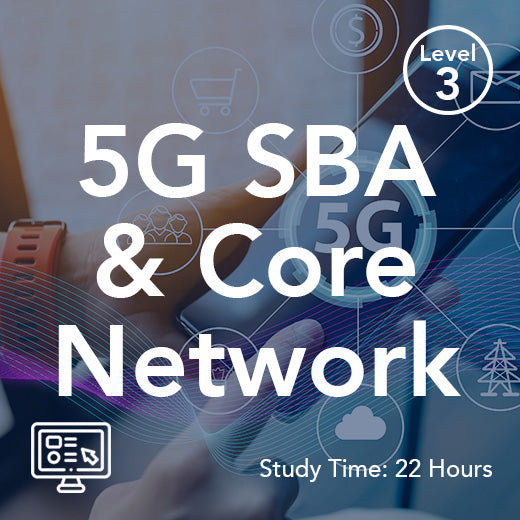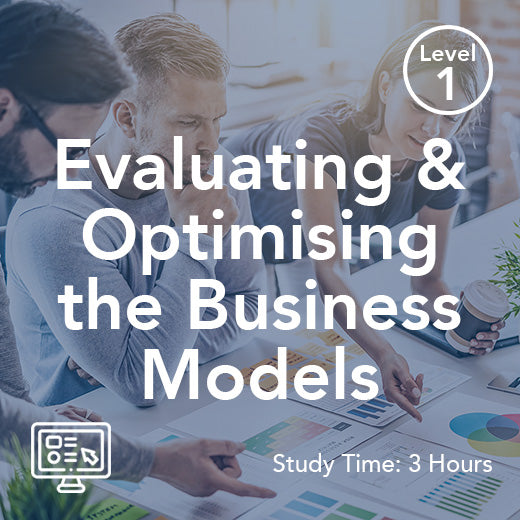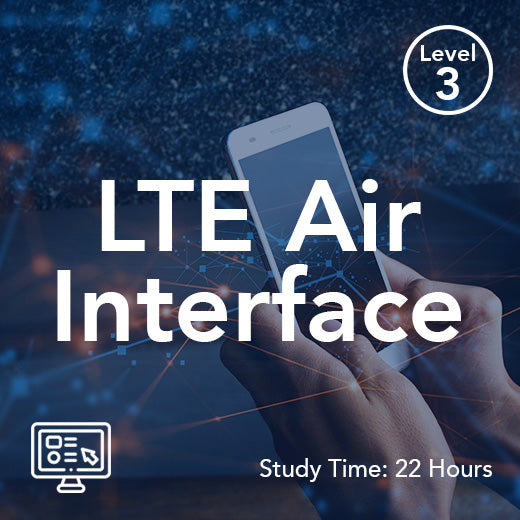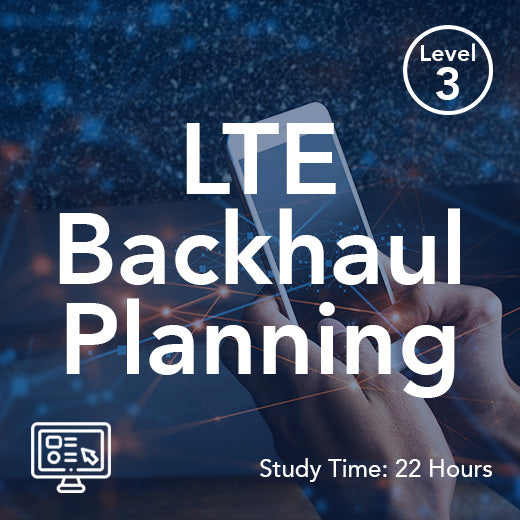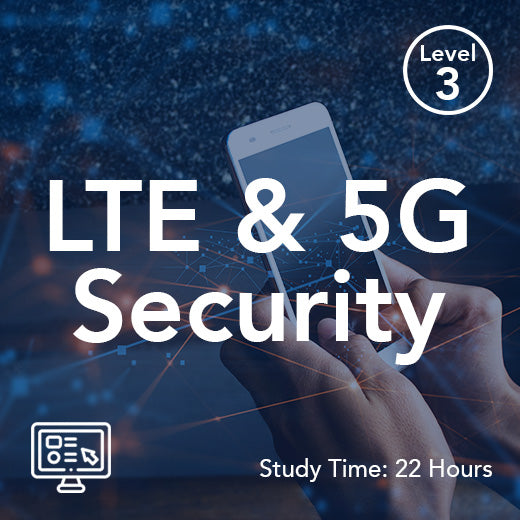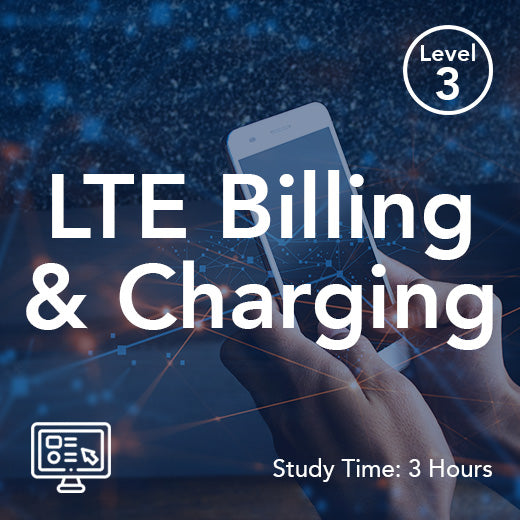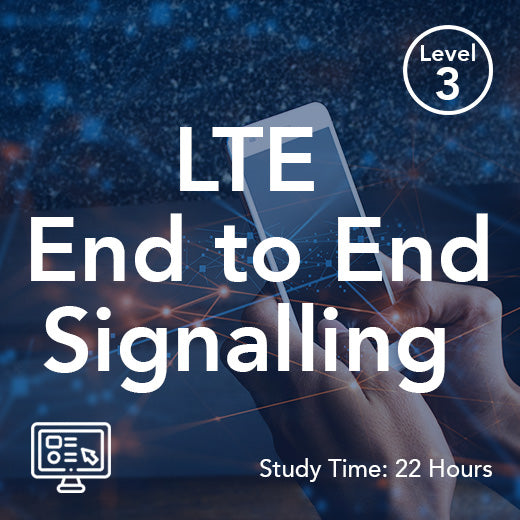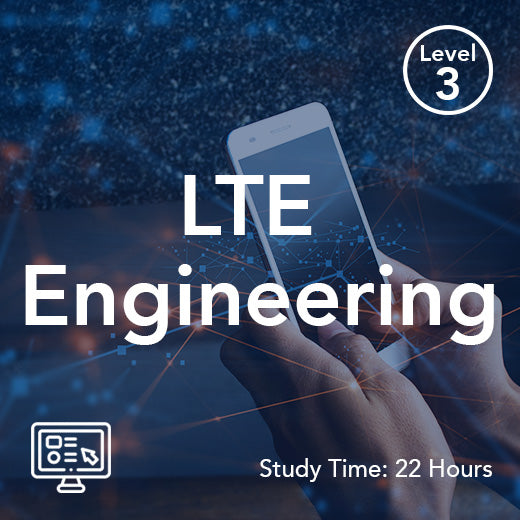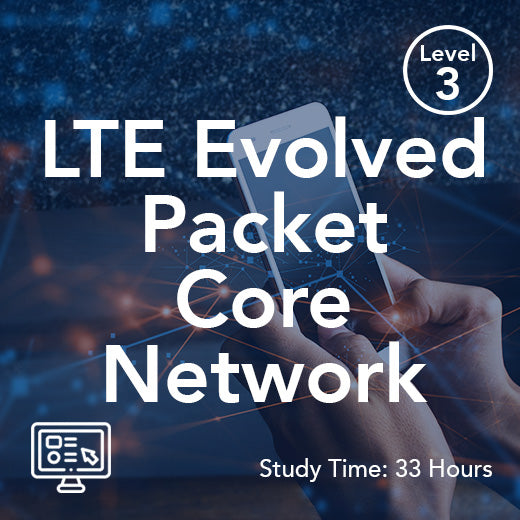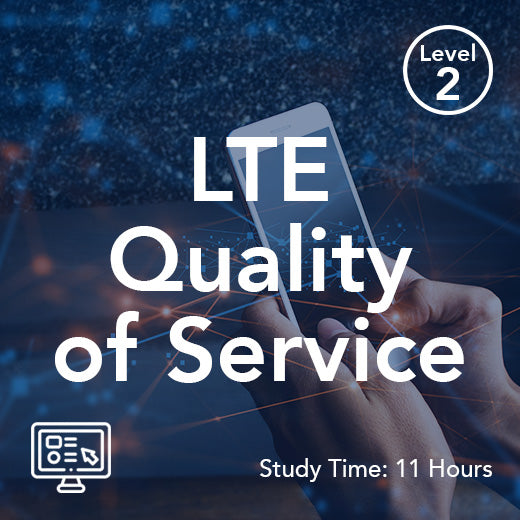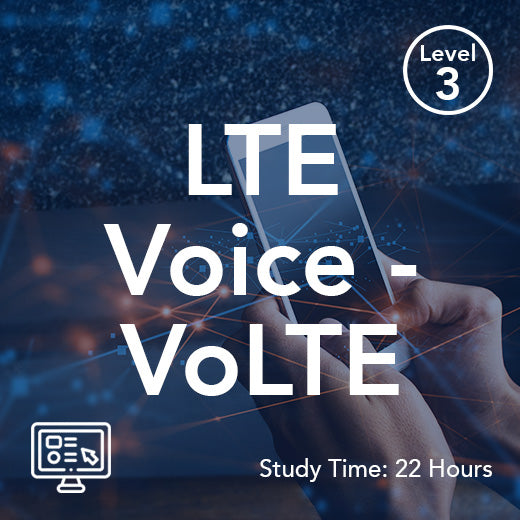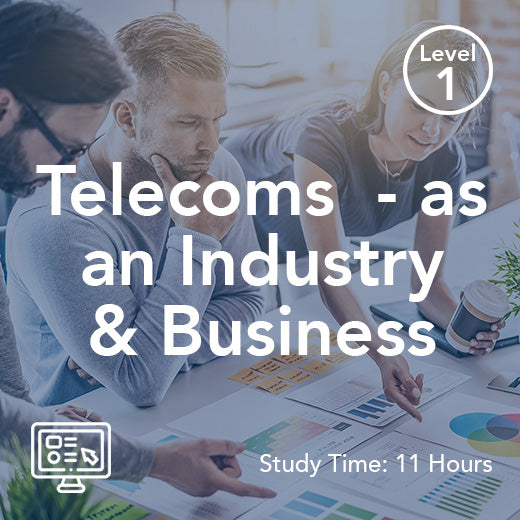Our LTE Evolved Packet Core Network Training Course is designed to provide a comprehensive technical understanding of the Evolved Packet Core (EPC) for LTE systems. In this course, participants will learn about EPC architecture, interfaces, service provision concepts, application of IP technologies, overall protocol architectures, and optionally, a review of IMS functionality
Engineers and other staff involved with switching or transmission architecture, optimization, network management, network testing, or monitoring of the EPC would greatly benefit from this training. Participants are expected to have an engineering background with some knowledge of core network technologies, including IP. Experience with 2G or 3G systems would also be beneficial for a better understanding of the course material.
The course covers a wide range of topic areas, including the high-level architecture of LTE, functions of key EPC components like MME, S-GW, PDN-GW, HSS, and PCRF, LTE state diagrams, inter-operation with 2G, 3G, and non-3GPP networks, voice options for LTE, principles of bearers and Quality of Service (QoS), data transport in the EPC, policy and charging control architecture, IETF and 3GPP protocols in the EPC, power-on procedures, UE procedures in idle and connected modes, enhancements in LTE-Advanced, and optionally, an overview of the functions and architecture of the IMS.
This self-paced on-demand distance learning course features illustrated course books, videos, tests and full tutor support.
Who would benefit
Engineers and other staff involved with switching or transmission architecture, optimization, network management, network testing or monitoring of the EPC.
Prerequisites
An engineering background with some knowledge of core network technologies, including IP, is assumed. Experience of 2G or 3G systems would be beneficial.
Topic Areas Include
High level architecture of LTE
Functions of the MME, S-GW, PDN-GW, HSS and PCRF
LTE state diagrams
Inter-operation with 2G, 3G and non-3GPP networks
Voice options for LTE
Principles of bearers and Quality of Service (QoS)
Data transport in the EPC
Policy and charging control architecture
IETF protocols in the EPC, including SCTP, DiffServ and Diameter
3GPP protocols in the EPC, including GTP and S1-AP
Power-on procedures
UE procedures in idle and connected modes
Enhancements in LTE-Advance
Read more less

